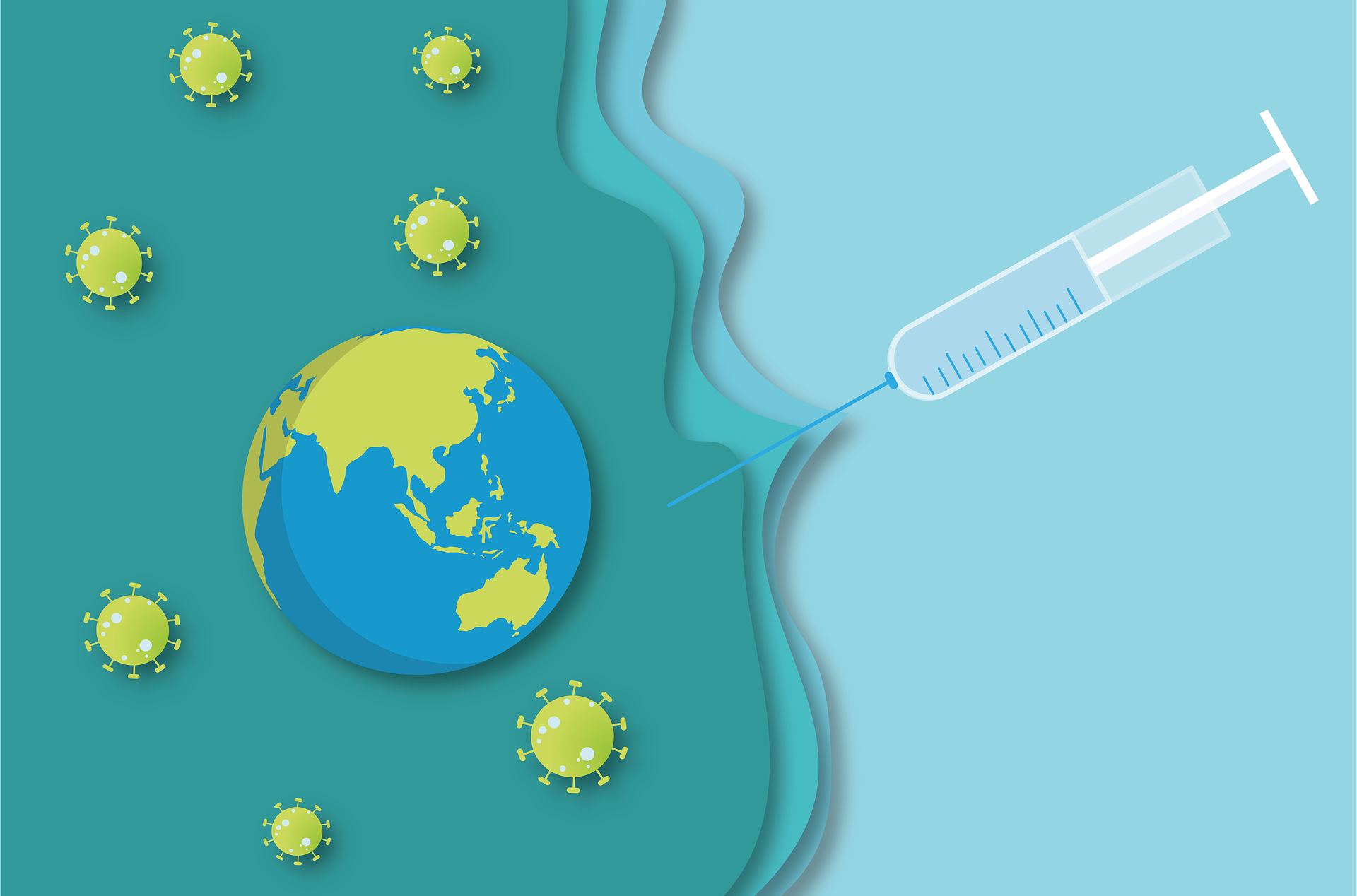
EXPERT REACTION: Preliminary results from University of Queensland's phase I COVID-19 vaccine trial
Randomised controlled trial: Subjects are randomly assigned to a test group, which receives the treatment, or a control group, which commonly receives a placebo. In 'blind' trials, participants do not know which group they are in; in ‘double blind’ trials, the experimenters do not know either. Blinding trials helps removes bias.
Opinion piece/editorial: This work is based on the opinions of the author(s)/institution.
People: This is a study based on research using people.
Federal Health Minister Greg Hunt has this morning announced that the University of Queensland's COVID-19 vaccine is so far proving "safe and effective", based on phase 1 trials. Various media reports have included that the vaccine is producing virus-neutralising antibodies and is especially effective in elderly trial participants, although the only trial data released so far is from animal studies. If the vaccine proves successful it will be manufactured in Australia by CSL, with the federal government committing to purchase 51 million doses. Below Australian experts respond.
Organisation/s: Australian Science Media Centre
News for:
Australia
NSW
VIC
QLD
SA
WA
ACT
Media contact details for this story are only visible to registered journalists.


Expert Reaction
These comments have been collated by the Science Media Centre to provide a variety of expert perspectives on this issue. Feel free to use these quotes in your stories. Views expressed are the personal opinions of the experts named. They do not represent the views of the SMC or any other organisation unless specifically stated.
Professor Gregory Tannock is an Emeritus Professor and Visiting Fellow at the Burnet Institute